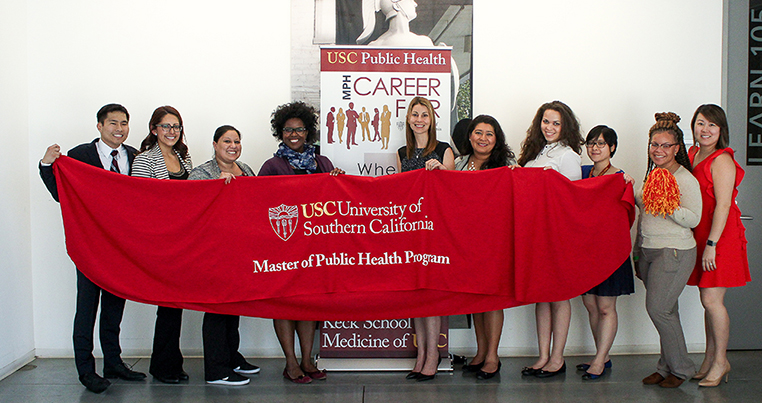Masters Programs

The Department of Preventive Medicine offers four masters degree programs in Public Health, Applied Biostatistics & Epidemiology, Biostatistics and Molecular Epidemiology.
Masters Programs
Master of Public Health (Resident and Online Programs)
The MPH program is a product of the university’s commitment to the health and well-being of its surrounding communities, as well as nationally and internationally. The Department of Preventive Medicine first offered the Master of Public Health (MPH) degree in 1998 for motivated students and professionals interested in the application of health promotion and disease prevention technologies and interventions designed to improve and enhance the quality of life.
The program curriculum is designed to prepare community health/preventive medicine practitioners to access community needs of populations, design, implement and evaluate health promotion programs to diverse audiences. Students begin with coursework in the core areas of public health designed to provide an overview of related issues and competencies required to address community health problems.
Learn more about the resident program
Learn more about the online program
Master of Science in Applied Biostatistics & Epidemiology
The MS in Applied Biostatistics/Epidemiology is structured for students to gain a thorough understanding of epidemiological and clinical research study designs and appropriate methods of data analysis for these studies. This program focuses on applied biostatistics, epidemiological research methods, and research applications including cancer, infectious disease, chronic disease, and environmental epidemiology. Biostatistics and epidemiological methods are taught from a practical, “hands-on” perspective. Students learn to use a variety of statistical software to analyze and interpret results from biomedical research data.
Master of Science in Biostatistics
This program focuses on the theory of biostatistics, data analytic methods, and experimental design (including the design, conduct and analysis of clinical trials), with additional training available in statistical genetics, biomedical informatics, and advanced statistical computing methods for biomedical research. Statistical methods are taught both from a practical and theoretical perspective. Students learn to use a variety of statistical and computing software to analyze and interpret results from biomedical research data.
Master of Science in Clinical, Biomedical and Translational Investigations
The program is available to medical students who have completed their second year of medical school, and pre-doctoral students who are interested in expanding their pre-doctoral training to include methodology associated with conducting translational research. Pre-doctoral students will earn a joint degree (PhD in their research area and an MS in CBTI).
The program is designed to train students, fellows and faculty for future independent research careers in an academic, government or private sector setting. The objective of the MS program is to produce a clinical researcher with either an in-depth knowledge in laboratory methodologies or statistical and analytic skills in population-based, clinical studies or outcomes research. The program gives students a solid background in the methodological aspects of translational research, and in statistical thinking as applied to molecular epidemiology, as well as a solid grounding in biostatistical, epidemiological methods, and community based intervention strategies.
Master of Science in Public Health Data Science
The MS in Public Health Data Science program is designed to provide students with rigorous quantitative training in statistical and computational skills needed to manage, analyze, and learn from health data. Students will learn to wrangle, scrape, create, and manage large health-related datasets; summarize, visualize, and interpret data; apply statistical methods to draw conclusions from the data; use machine learning to reveal features of large, complex health-related datasets; learn the statistical theory behind common data science methods; and effectively communicate results and findings to a broad audience. This program is designed to be a terminal degree, but for students interested in pursing further education, it can be used to lay the foundation for a PhD in Biostatistics, Statistics, Data Science or Computer Science.
Master of Science in Molecular Epidemiology
This program focuses on understanding and applying statistical methods for the design of biomedical research, understanding epidemiological study designs, and using and interpreting results from specialized computer software for the management and statistical analysis of research data. This program encourages applicants with undergraduate degrees in quantitative biological sciences or other related fields.